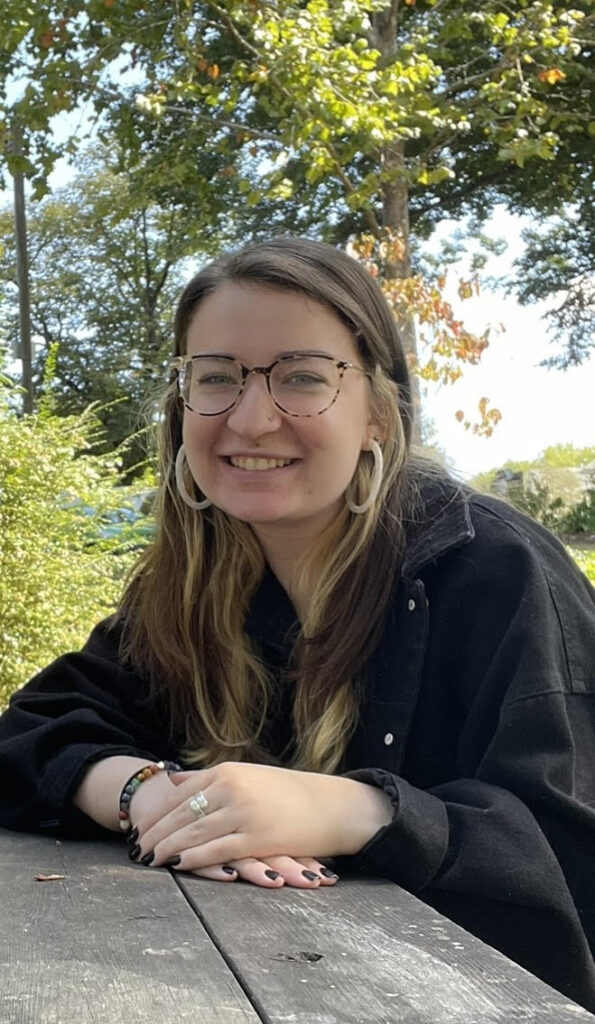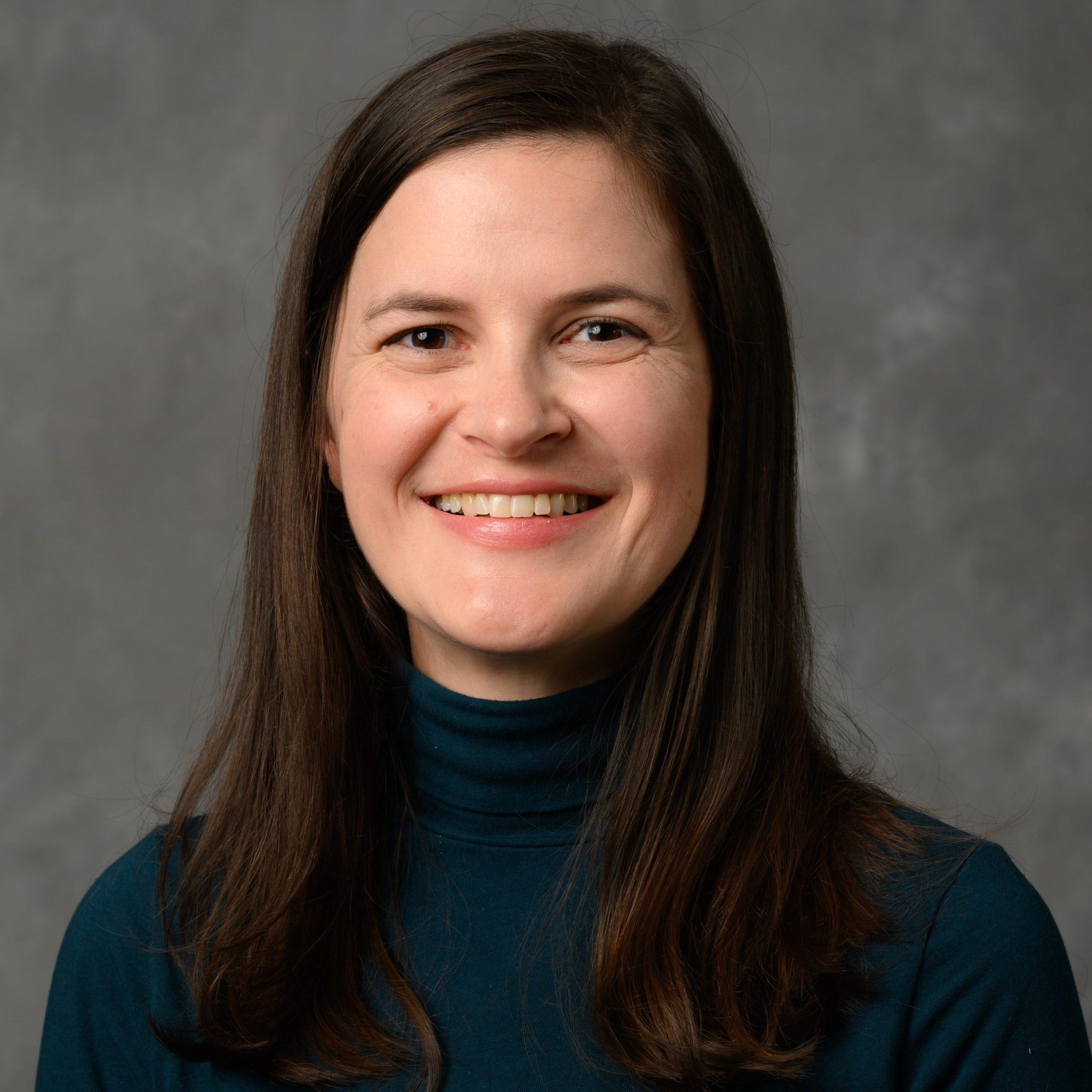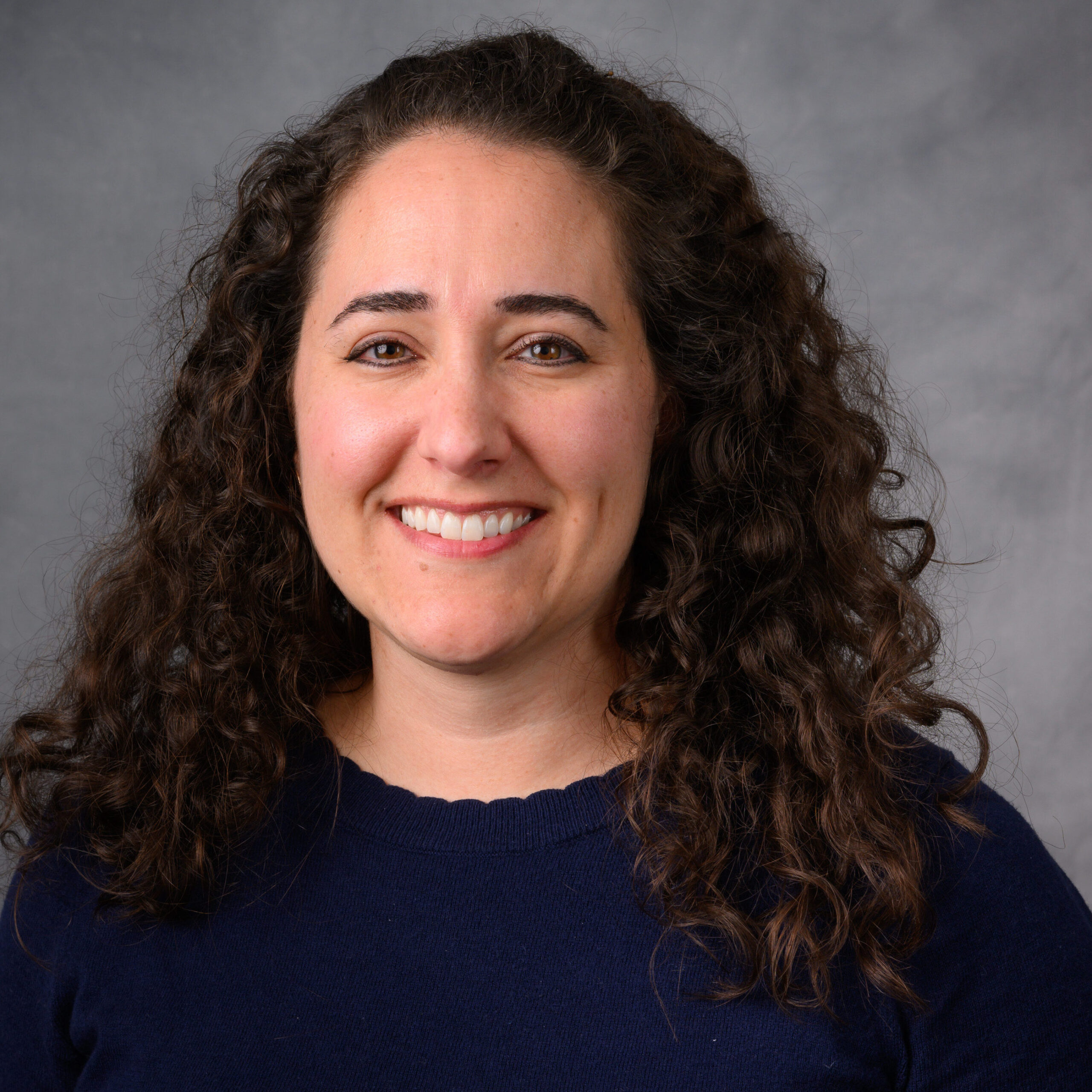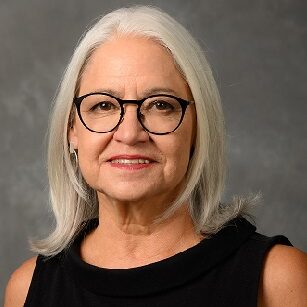Meet the Staff
Our Staff

Ashley’s journey to health and wellbeing promotion began early in college, where she fell in love with the study of psychology with questions like: How do our thoughts, feelings, and behaviors develop and change over time? How much control do we really have over our thoughts, feelings and behaviors, anyway? How can we be content with who we are and what we have in life while still striving to get better each day? How can we be best prepared for the hard parts of life and be sure to savor the good parts? What is good mental health?
Ashley dedicated time as a student, researcher, practitioner, and student affairs professional over the last 15 years to understanding the science of behavior change and motivation, addiction, risky health behaviors in college students, personality and personality change, character development, wellbeing in the workplace, post-traumatic growth, mindfulness and meditation, the mind-body connection, and resilience.
Ashley creates and manages initiatives and services for the entire Wake Forest community – students, faculty, and staff – to build resilience, to prioritize diversity, equity, and inclusion in all we do, to increase our daily, joyful movement, and to elevate wellbeing in our workplaces.
Ashley graduated from the College of Charleston’s Honors College with a BS in Psychology and Wake Forest University’s Master’s in Experimental Psychology Program. She is a certified Health and Wellness Coach, Koru Mindfulness teacher, and Community Resiliency Model guide.

Hannah Dean, MSW, serves as the inaugural Interpersonal Violence Prevention Coordinator for the Office of Wellbeing. Hannah’s role includes working campus-wide to implement an evidence-based, trauma-informed prevention program that addresses and strives to prevent violence on campus. Hannah manages the bystander intervention programming on campus, as well as, health education initiatives related to interpersonal violence. She also partners with the Safe Office to create and facilitate training on consent, healthy relationships, boundaries, and more. Hannah completed her Master’s in Social Work at the University of North Carolina at Charlotte. During that time she interned with a local domestic violence and sexual assault crisis center serving as a Victim Advocate, as well as, working at the North Carolina Coalition Against Sexual Assault. It was here that she deepened her passion for prevention work. Outside of work, you can find Hannah exploring the outdoors, volunteering, or hanging out with her two cats.

Jonah Neville is the Assistant Director of Wellbeing in the Office of Wellbeing at Wake Forest University, overseeing Substance Use prevention, intervention, & recovery support efforts. In his role, he develops, implements, and evaluates theory-based and evidence-informed health promotion policies, programs, and services as they pertain to collegiate substance use prevention and collegiate recovery. He also has experience in developing coalitions, implementing peer education strategic initiatives, and receiving grant funding.
Jonah is passionate about working from a perspective of skill building, and utilizing a person-centered approach to assist students in feeling empowered in their journey of change. He completed his Bachelors of Science in Exercise Physiology at the University of North Carolina at Pembroke, and his Master’s of Science in Health Promotion at Mississippi State University. Additionally, Jonah is a Certified Health Education Specialist (CHES), Certified Wellness & Health Coach (CWHC) and SMART Recovery trained facilitator.
Lori Tyson-Jamison is the Assistant Director of Wellbeing, overseeing the Mental Health initiatives and programs. In her role, Lori is dedicated to fostering a supportive campus community that prioritizes mental health and overall wellbeing. With over 15 years of experience in the health and fitness field, Lori’s expertise spans body neutrality, joyful movement, and mental health education, areas she is deeply passionate about.
Lori is focused on developing training programs and educational initiatives that promote body neutrality and encourage joyful movement, all while addressing the mental health challenges that are common in the college environment. She also advises and manages peer education groups that work to spread awareness and promote mental health and wellbeing across campus. Drawing on her health and fitness background, Lori brings years of experience advocating and helping individuals cultivate a healthy relationship with their bodies, and promoting a positive, inclusive approach to self-care.
When Lori isn’t working on wellbeing initiatives, she enjoys staying active, exploring new wellness trends, and connecting with students to better understand their mental health needs. Lori graduated from Winston-Salem State University with a BS in Biology, and North Carolina A&T State University with a MS in Food and Nutritional Sciences.

Marian provides strategic leadership for our health education portfolio which includes peer education initiatives, sexual health, body image, and sleep hygiene. Marian advises two of our peer education groups in the office, The Body Project and the Sexual Health Ambassador Group (SHAG). She is also the instructor of record for the academic course CNS 253: Peer Education at Wake Forest University. Marian brings 16 years of experience working in health promotion in university settings to our office. Marian is passionate about empowering students to be well both inside and outside of the classroom. Marian is currently pursuing a doctorate degree in Community Health Education at the University of North Carolina Greensboro.

Michelle is the Program Coordinator and a Wellbeing Coach in the Office of Wellbeing. She manages the day to day operation of the wellbeing coaching and nutrition counseling services. Michelle graduated from Wake Forest in 2010 with a degree in Health and Exercise Science. Shen went on to work as a physical therapy technician and then in sales where she honed her customer services skills. She returned to Wake Forest in 2017 and joined the Office of Wellbeing in late 2018. Michelle enjoys connecting people with the services they need to enhance their overall wellbeing and is excited to be a part of providing that to the Wake Forest community.

Tomma Guastaferro joined the Office of Wellbeing in 2015, bringing with her 11 years of experience in administrative support. Tomma’s role includes assisting the Director in managing the day-to-day operations of the Office of Wellbeing, budget reporting, and coordinating and implementing programs and workshops. Prior to joining the Office of Wellbeing, Tomma was the Coordinator for the Professional Development Center (PDC). The PDC is a collective resource between the Human Resources Department and the Office of the Provost. Tomma’s work included marketing, conference registration, and organizing classes and workshop series focusing on health and wellbeing. In the fall of 2009, Tomma was instrumental in the implementation of the Gatekeepers program, which emphasizes the value of diversity, inclusion, and the understanding of cultural similarities, differences, and perceptions.
